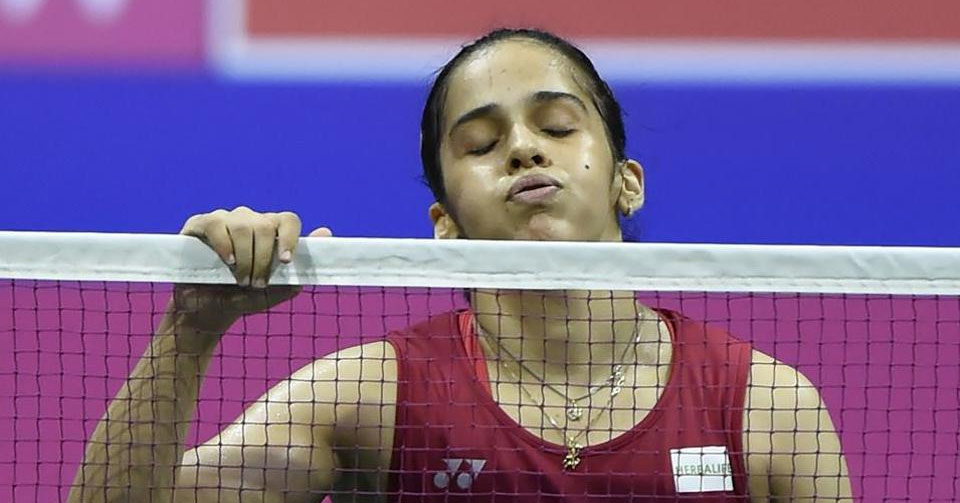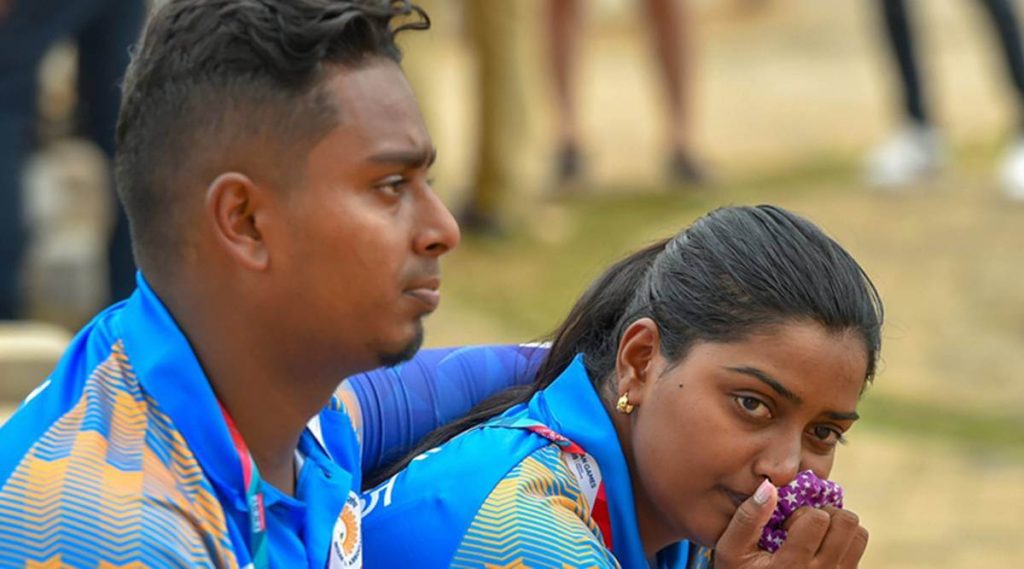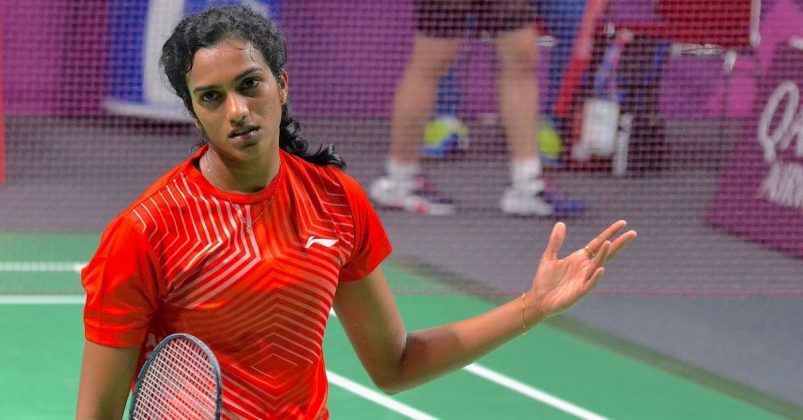Featured
Mind Matters | Why is mental health a crucial ingredient for athletes' success?

What is sports psychology? Let’s decode the speedy growing field of developing mental toughness in the athletic realm. Have you ever seen a kid bungee jumping? If so, have you seen him with a harness on or off? Mental training in sport is somewhat like the harness that we have seen on the kids’ bungee jumping. How? It is the external support that an athlete requires for performance enhancement, to build consistency in performance, and to be able to sustain the pressure that the elite sport demands. It adds a dimension to the training that binds the technical and physical preparation, streamlining the practice.
Sports psychology is the ‘scientific study of the psychological factors that are associated with participation and performance in sport, exercise, and other types of physical activity.’ In real life, it has various names to it like mental training, mind coaching, psychological skills training, etc. In India, the field of sport psychology is in its nascent stages and is thus, garnering a lot of attention with athletes all over the world talking about it. As we have popularly heard, ‘sport is 90% mental’, what separates a gold medallist from the silver medallist is the ability to hold nerves till the last point of the match is played!

As an athlete, a coach, or a parent of a sporting child, we all focus on the physical fitness, technical training, nutrition, hydration, recovery patterns of the athlete. But what about the mental harness? During mental training, a sports psychologist assesses the need and the psychological demands placed on the athlete and then designs a mental toughness plan to enhance performance. To sustain in the athletic environment, there are a lot of mental skills like confidence, pressure-handling, emotional regulation, etc. that an athlete must possess and the good part about it is that these skills can be taught, practiced, and refined as a part of the mental training routine.
Also read: The importance of mental health to pursue sporting success
Mental training does not only look at eliminating the weaknesses of an athlete but also takes into consideration of the strengths to build a holistic performance enhancement regimen for the athlete. The demands of each sport are different and so is the personality of each athlete and thus, mental training is a rather personal process. It also looks at personality development in a way as sport teaches essential life skills and mental training adds an edge to this process.

Mental training is developing a personal safety vault full of mental strengths that you can fall back on or utilise while you are performing, you take some and you add some! Fun fact, mental training practice takes up about 10-15 minutes of your entire day and leaves you with a healthy and strong mind to endure your hours of technical preparation.
As a sports psychologist and a former national athlete, I can vouch for the fact that the pressure is inevitable, you are going to feel the butterflies, as long as you know how to get them to fly in formation, you are good to go!






